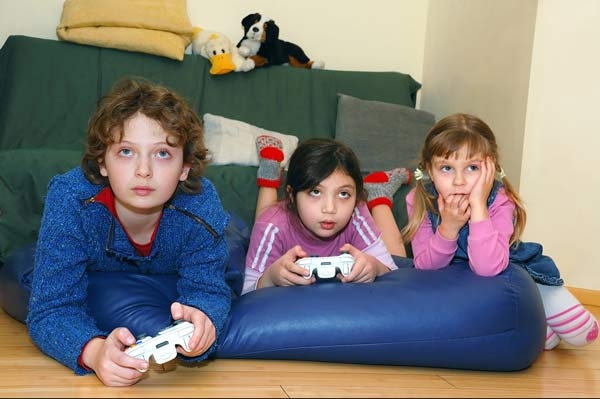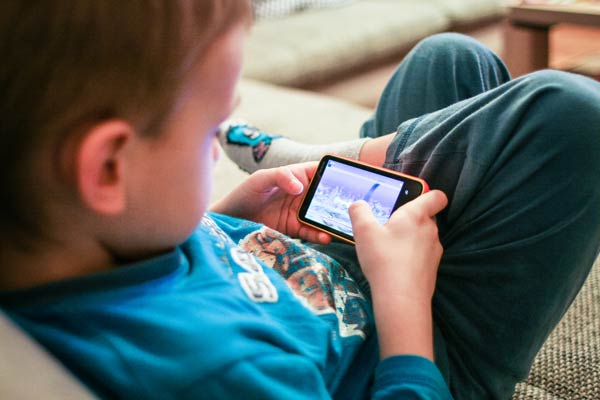Technology promises convenience and improved quality of life, but for parents of teenagers technology can also bring a relatively new set of dangers with a mere click of a button. One of the most recent dangers to appear is a social app designed for iPhones and Androids, Tinder.
Launched in the fall of 2012 on a California college campus, Tinder uses Facebook profiles to match potential daters based upon geographic location, common interests, and mutual friends. Users can anonymously choose to like or to pass a match.
If 2 potentially matched users like each other, Tinder opens a chat for them. While this social discovery application was initially used almost exclusively by college-aged individuals for dating, the demographics of Tinder users have undergone some disturbing changes recently.
Read More »




















